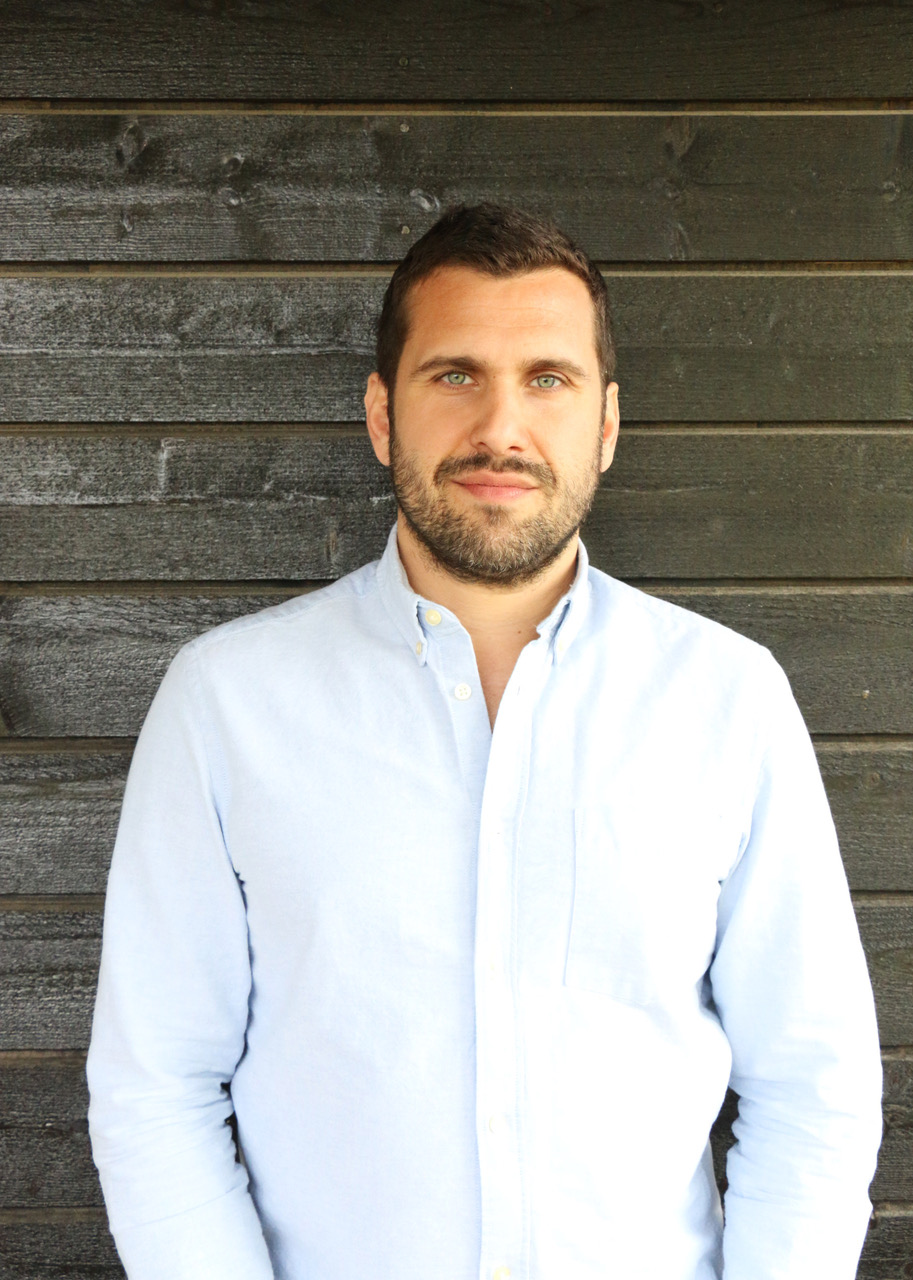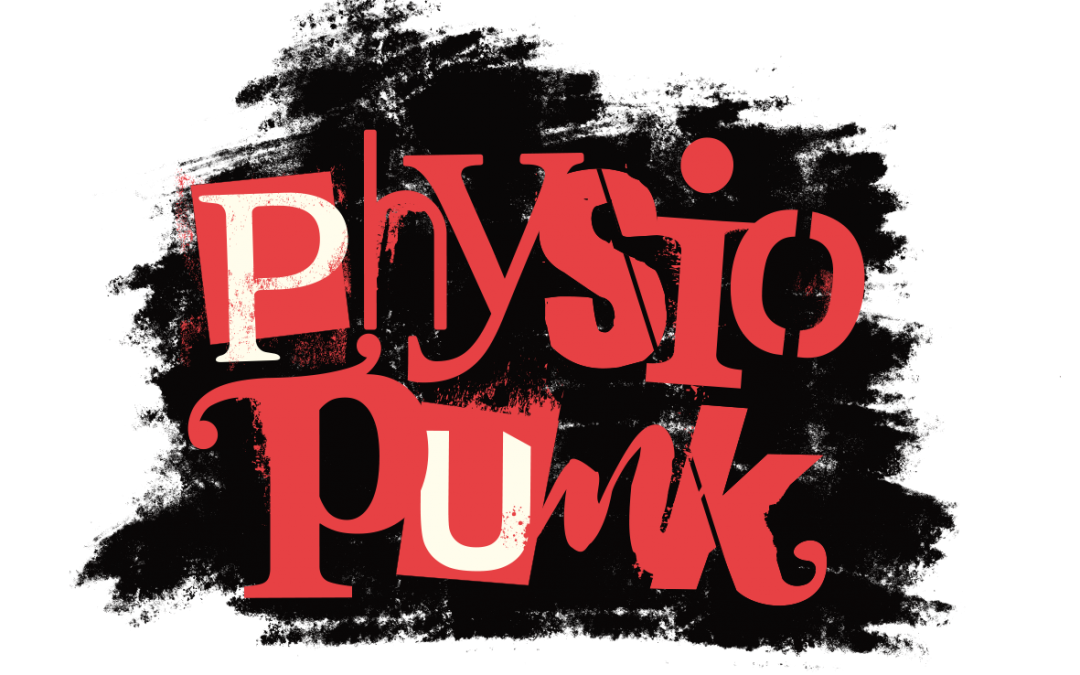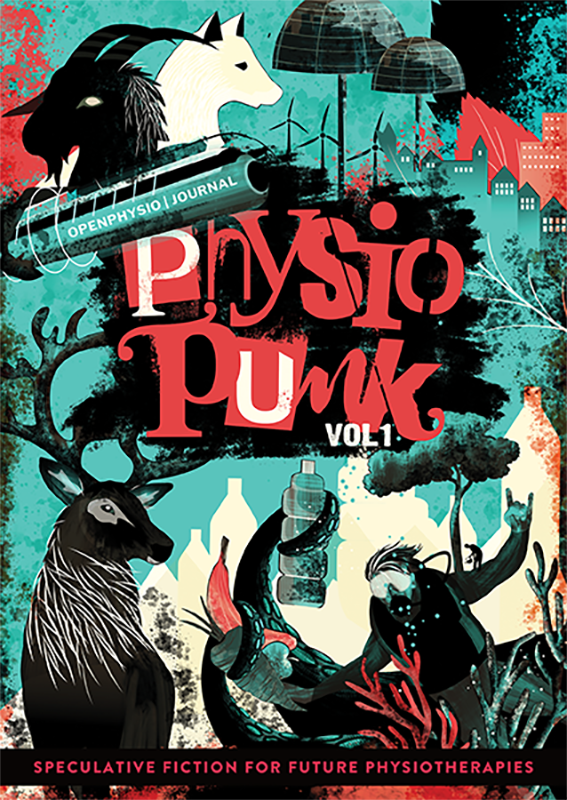Environmental and sustainability education is often conspicuous in its absence from public health and healthcare professional programmes around the world. Yet to respond to the diverse and complex social, ecological and health challenges we are facing everywhere today it will have to be firmly integrated to support the development of many different visions for new physiotherapies. These visions will have to be conjured, thought about and communicated collaboratively, in many different places and many different languages.
Physiopunk integrates concepts from planetary health with speculative fiction genres, in a new approach to how we think about physiotherapy education. The project and genre emerged out of an introductory public health module for first-year physiotherapy students at UiT The Arctic University of Norway. In the module, my colleagues and I which aimed to expand students’ view of physiotherapy practice for individual physical health toward the focal integration of social and ecological determinants of health.
Driven by the idea that imagination can help us get ahead of the curve, we introduced the students to genres like science fiction, climate- and eco-fiction, solar- and hopepunk (where ‘punk’ is used to represent a radically different, but hopeful future) and supported them to develop diverse compelling narratives for future healthcare and society in general. The stories finally submitted by our students as their written exam to this module included transformative visions of urban life on and below land and water, indigenous health leadership, working for clean air and green infrastructure, physiotherapy on Mars, multispecies coexistence, artificial intelligence, robotics, and many more.

Filip Maric (PhD)
A/Prof, EPA Founder & Executive Chair
Filip Maric is an Associate Professor in physiotherapy at UiT The Arctic University of Norway. He is interested in the outer rims of healthcare and physiotherapy, philosophy, #EnviroPT, planetary health, environmental humanities and sea kayaking.
Seen through the eyes of these students, Physiopunk stories invite us to let go of established conventions and question what physiotherapy might be in the future, in a manner filled with creativity and genuine care for the health of everyone we share this planet with. In stretching beyond the momentarily realistic, the implicit and maybe most important goal of this project was to inspire people who dare to think, dream, be creative and so develop the imagination and playfulness needed for radical transformations towards sustainable futures.
The OpenPhysio Journal was created with the aim of exploring alternatives to how we typically think about sharing ideas in physiotherapy education. To this end, my colleagues, our students and I are proud to announce the publication of Volume 1 of the Physiopunk project in OpenPhysio Journal, featuring 8 Physiopunk stories, an introductory article and four commentaries by colleagues from around the world. You can read and download all of this in a colourful mix of Norwegian, English, Dutch and Portuguese directly over at OpenPhysio Journal by following this link to Physiopunk Vol 1.
Enjoy the ride 🤘


